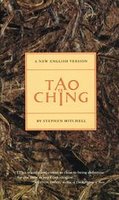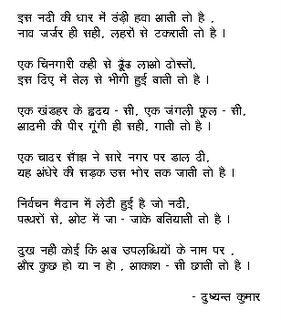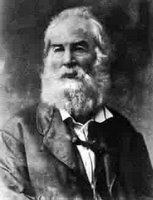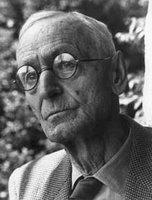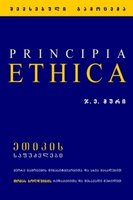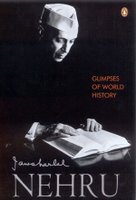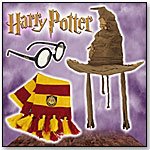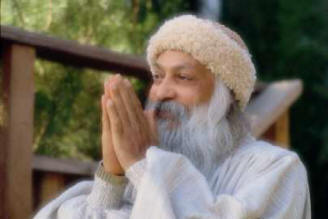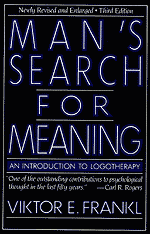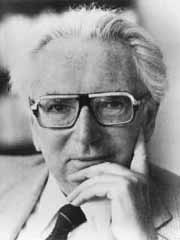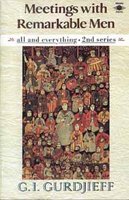
No one in this world is may be unknown with this book Aesop's Fables.
For most of the people this is a book of short stories but for me this book has always been a book of wisdom.
Aesop is quite an unknown man. Nothing significant about his life is noted down in the pages of history. I will try to write whatever little is known about him.
Aesop, born 2000 years ago in 6th century, was a slave but was later granted freedom.
He used to travel a lot & these fables were told by him during his journey.
He was accused of theft of gold in Delphi & was condemned to death by hurling him off the cliff.
There are 656 fables in this book. Some of them are :-
In a field one summer's day a Grasshopper was hopping about, chirping and singing to its heart's content. An Ant passed by, bearing along with great toil an ear of corn he was taking to the nest.
"Why not come and chat with me," said the Grasshopper, "instead of toiling and moiling in that way?"
"I am helping to lay up food for the winter," said the Ant, "and recommend you to do the same."
"Why bother about winter?" said the Grasshopper; we have got plenty of food at present." But the Ant went on its way and continued its toil.
When the winter came the Grasshopper found itself dying of hunger, while it saw the ants distributing, every day, corn and grain from the stores they had collected in the summer.
Then the Grasshopper knew...
It is best to prepare for the days of necessity.
The Wind and the Sun were disputing which was the stronger. Suddenly they saw a traveller coming down the road, and the Sun said: "I see a way to decide our dispute. Whichever of us can cause that traveller to take off his cloak shall be regarded as the stronger. You begin."
So the Sun retired behind a cloud, and the Wind began to blow as hard as it could upon the traveller. But the harder he blew the more closely did the traveller wrap his cloak round him, till at last the Wind had to give in despair.
Then the Sun came out and shone in all his glory upon the traveller, who soon found it too hot to walk with his cloak of.
One afternoon a fox was walking through the forest and spotted a bunch of grapes hanging from over a lofty branch.
"Just the thing to quench my thirst," quoth he.
Taking a few steps back, the fox jumped and just missed the hanging grapes. Again the fox took a few paces back and tried to reach them but still failed.
Finally, giving up, the fox turned up his nose and said, "They're probably sour anyway," and proceeded to walk away.
Afather had a family of sons who were perpetually quarreling among themselves. When he failed to heal their disputes by his exhortations, he determined to give them a practical illustration of the evils of disunion; and for this purpose he one day told them to bring him a bundle of sticks.
When they had done so, he placed the bundle into the hands of each of them in succession, and ordered them to break it in pieces. They tried with all their strength, and were not able to do it.
He next opened the bundle, took the sticks separately, one by one, and again put them into his sons' hands, upon which they broke them easily.
He then addressed them in these words: "My sons, if you are of one mind, and unite to assist each other, you will be as this bundle, uninjured by all the attempts of your enemies; but if you are divided among yourselves, you will be broken as easily as these sticks."
This book, I love a lot.

